The term “power fantasy” has accrued negative connotations because for the past 3+ decades, progressives and feminists have used the phrase to dispense their ire on games and media which appeal to men and boys. Historically, they have decried such media as “male power fantasies” in academia and YouTube videos with a monotone repetitiveness common to all unimaginative ideologues.
Whenever I hear someone use the term “power fantasy”, it is almost always used in a negative fashion and the ensuing dialogue is often dismissive.
For this essay, I would like to examine power fantasies on their own terms and discover why they exist and why they appeal to men.
The Stereotypical Power Fantasy
When one says “power fantasy”, the first thing that comes to mind for most people is a violent computer game.
Nothing encapsulates the modern conception of a power fantasy better than the first person shooter. First person shooters are aimed at male gamers and most entries in the genre will involve the player annihilating hundreds or even thousands of digital enemies.
In a large number of first person shooters, the protagonist which the player controls is a man with a concealed face. The face is concealed via one of two methods. The first is via deliberate visual omission, in a number of Call of Duty games, everything from the gameplay to the cinematics take place in the first person so you never see the protagonist’s face.
The second is via helmets. The first few Halo games and the new Doom games (excluding one or two DLCs) deliberately hide the protagonist’s face behind a helmet so you don’t know what he looks like.
The purpose of this concealment is so the player can inhabit the avatar of the power fantasy more effectively. By concealing the most personal and differentiated aspect of the protagonist’s identity (his face) he turns into an ideal and a symbol rather than a person - the ideal of a powerful man and this is an ideal which boys and men find appealing.
Of course, not all first person shooters and popular computer games have protagonists with concealed faces. A computer game can still act as a power fantasy even if the protagonist has a clearly defined character and appearance.
And, just in case I need to say it, some games let you customize your playable character and some players (such as myself) choose to make characters who don’t look like themselves.
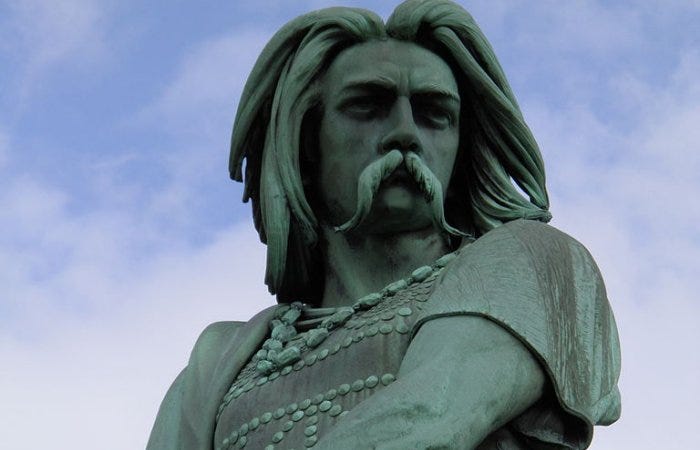
Now gamers (especially male gamers) love the power fantasy provided by first person shooters and the genre is one of the most popular in the industry. But what is the takeaway here?
Going back to the feminists and progressives mentioned earlier, I have encountered critiques which essentially argue the following (this is my steel-maned version):
First person shooters are important cultural texts for transmitting the values of the patriarchy to young males. Patriarchy is defined by violence and oppression; strong men oppress weak men and all men oppress women. Thus violence is a virtue in the patriarchal society because it is the modus operandi for societal organisation. Because violence or the capacity to be violent is so highly valued in patriarchal culture, boys are raised to believe violence is a good thing and to be capable of violence is virtuous and manly. First person shooters serve to imprint this belief on boys and let them live out their socially constructed violent urges in a manner which doesn’t threaten the stability of the patriarchal hierarchy. After all, it would be a problem for the established class of patriarchs if young men on the lower rungs of society were to take out their anger on the existing power structures; they have to be redirected towards women, minorities and fictional worlds for the maintenance of the white patriarchy.
The problem with critiques like the above is that they assume bad intentions from the start and use the media as springboards for ideologically-possessed lecturing and barely-concealed propaganda. Although many such essays are couched in academic language, they are the opposite of serious literary examination because they are simply excuses to espouse ideology. This is why media studies in academia have become a joke.
In order to seriously examine the appeal of power fantasies, we need to consider what power is first and foremost.
On Power
What is power? A whole essay could be composed to answer this question but I would argue that it can be defined simply as the following:
Power is the freedom and ability to live as you please; to effect change in your environment according to your wants and to persuade, coerce and/or command others to do what you desire. As well as the capacity to resist the imposition of others upon you.
Or even more simply:
Power is when you can do what you want.
There are many different types of power. There is money power, brain power, air power, cultural power, social power, the power of charisma, the power of love etc.
All the above powers can be used to varying degrees by their users to do as they please. Of course, no man is absolutely powerful no matter what power/s he possesses. You can have more or less power but it is always relative and context dependent. There is always a bigger fish. If you are the biggest fish you know, you are probably swimming in a very small pond.
I am sure we can all think of men who have different types of power and we can all probably gauge the effectiveness of their powers in their present environments and lines of work. However, the most basic and easily comprehended power is what I shall call martial power for the purposes of this essay.
Martial power is the ability and capacity to fight - to disarm, to incapacitate and kill others who would try to impose their will on you. Martial power can take a number of different forms, one man might be a crack shot with a rifle, another might be a fighter jet pilot and still another might be an expert in hand-to-hand combat.
Whatever its form, martial power is the most basic type of power and arguably the most important. When push comes to shove, charisma, money and intellect might not save you but if you have cultivated marital power, then you will be in a position to shove back.
Because martial power is intuitively understood, it has been a popular form to explore in computer games, hence the popularity of the FPS genre for instance. However, like all other kinds of power, the purpose of its cultivation and acquirement is so a man can live freely and live the life he wants to live.
The Real Appeal of Power Fantasies
With power defined as When you can do what you want, we can explain the stereotypical example of a power fantasy (first person shooters such as Call of Duty) and push back against the stereotypical feminist critique of power fantasies.
I don’t believe the vast majority of male gamers are secretly harbouring dark desires to enact violence on their communities or their fellows. I don’t believe violent computer games imprint desires to commit heinous acts of violence against others and to destroy good and beautiful things.
But if first person shooters are not cathartic media by which young men release their dark, violent impulses in a safe environment, what is the appeal?
The appeal is power. The protagonists in first person shooters are powerful, much more powerful than the average gamer is in his own life. FPS characters have the power to resist their enemies’ attempts to overpower and control them.
Players want to feel powerful and it is important to note that not all male gamers look to first person shooters or to essentially violent games for power fantasies. Games such as the Civilization and Sim City franchises allow the player to assert his will and power without using any violence. I believe that the reason why violent computer games are so popular is because martial power is the most primal and easily understood type of power.
Every man wants to live life on his own terms but the average man (and woman) is beholden to powers around and above him – his boss, his landlord, his relatives, the law etc. He doesn’t get to live as he pleases and is unable to effect change in his environment according to his wants and is not capable of resisting the imposition of others upon him.
He doesn’t get to do what he wants.
But computer games provide worlds where the average man can inhabit an avatar of power. The ability to resist others, impose his will on the world and make his own way. These digitally simulated power fantasies are like water to the soul of the average man who feels disempowered and constrained by the real world around him. Especially now that the western world is enjoying an economic, cultural, social and religious collapse which has brought living standards and societal conditions to a new low.
A Quick Aside on Female Power Fantasies (or their nearest equivalent)
So far we have considered the power fantasies which are aimed at men and which yesterday’s feminists were happy to dig their claws both before and during the first epoch of GamerGate. Let’s quickly consider the stereotypical female power fantasy.
Women and girls don’t enjoy first person shooters in the same numbers or to the same extent as men and boys. Nevertheless, the same desire for power is present but it takes a different form.
In the stereotypical male power fantasy, the protagonist develops his skills and strength to overcome adversaries, external challenges and obstacles which stand in the way of his goals. He either is or becomes powerful.
But in the typical romance novel, which is the stereotypical female fantasy, the conflict does not come from the protagonist wrestling with forces attempting to stop her from reaching her goals. Instead, the drama comes from following the rollercoaster of love and seeing whether the protagonist bags the attractive man she desires.
Here we see a different type of power. Not the martial power which is often explored in male power fantasies but instead the power of attraction. Beauty and attractiveness are powerful forces and can be reasonably defined as powers in-and-of-themselves. Women have throughout history used their beauty and feminine charms to get what they want.
But if power is, as already defined in this essay, - when you can do what you want - and everyone wants it, why don’t women have similar power fantasies to men? The reason is the different instincts men and women have which result in different strategies aimed at achieving power.
Boys and men have a drive to master the world around them and so their strategy for obtaining greater personal agency and power is to develop mastery and competence over themselves and the surrounding environment. What this looks like depends on said environment, but it means making a lot of money in the western world.
Girls and women have a drive to start families but pregnancy and later raising small children leaves a woman vulnerable, even more than usual. So a woman’s strategy for gaining personal agency and power over herself is to secure the affections and love of a powerful man who will defend her. After all, powerful men make the best protectors and providers.
This helps to explain why romance novels sometimes have women who are successful in the corporate world as their protagonists. This particular type of romance story always has the same setup: successful career woman who has all the money and power she could reasonably want, but nonetheless feels empty because she doesn’t have a man. Then, of course, the love interest walks in. He is either her equal or her better in the environment she has mastered and while the initial encounters will be frosty, the two will eventually warm up to each other.
A story written for a male audience might start with a successful man in the corporate world but the central conflict of the plot would not result from his singleness. The conflict would come from a business rival, a gang of terrorists, maybe even an alien invasion but not from the simple fact that he doesn’t have a girlfriend.
The successful, corporate, single woman exists as a character-type in the romance genre because the evolved instincts of women have not adapted to the modern workplace of the past fifty years. Women still have a drive to start families and consequently the desire to bag a powerful man, especially a man who is more powerful than them.
And how does a woman bag a man, especially a successful one? By being beautiful, attractive, alluring and sexy. Even in romance novels where the protagonist is a plain Jane, the male love interest/s will perceive her as a gorgeous goddess. The woman’s power fantasy is to be beautiful or treated as if she is beautiful by a strong, handsome and powerful man.
But simply getting the man isn’t the full extent of the female power fantasy as Pride and Prejudice shows us. In the novel, Elizabeth Bennet is a woman of meddling social standing but who nevertheless wins the affections of the rich and powerful Mr Darcy. If Pride and Prejudice had been a story about the two characters overcoming external obstacles to their love (such as Lady Catherine de Bourgh’s ill opinion of this match), then the book would not be especially interesting.
What makes Pride and Prejudice memorable, and why clever romance novelists study it, is the plot point of Mr Darcy changing character because of Elizabeth Bennet.
At the start of the story, Mr Darcy is a prideful, curt and arrogant man but when his marriage proposal is rejected by Elizabeth, who tells him she could never marry him because of these faults, he actually takes her words to heart and changes.
By the end of the story, Mr Darcy has changed and seeing that he is a better man, Elizabeth accepts his proposal.
Elizabeth, by the power of attraction, not only wins Mr Darcy’s hand but also makes him change for the better. This is the stereotypical female power fantasy.
As already touched on, the female power fantasy differs from the male power fantasy in that it isn’t focused on actual acquiring personal power or autonomy. Women don’t fantasize about having power as much as they fantasize about being attractive and desirable.
Of course, Men want to be attractive and desirable as well but they are wont to fantasize about being powerful rather than just handsome. James Bond would not be a classic power fantasy for men if he had women fawning over him but was a clerk rather than a spy.
However, as mentioned previously, the power of attraction is real. Any man who has fallen under the spell of a beautiful woman can attest to this fact.
Powerful Persons in Reality
In our globalized world there are a number of powerful persons into whose lives we have some insight because of their social media activity and because of mainstream news coverage.
Let’s quickly consider two people with lots of power: J.K Rowling and Elon Musk.
Again let’s quickly revisit our more comprehensive definition of power:
The freedom and ability to live as you please; to effect change in your environment according to your wants and to persuade, coerce and/or command others to do what you desire. As well as the capacity to resist the imposition of others upon you.
Both J.K Rowling and Elon Musk have the freedom to live as they please. Both have enormous fortunes and could choose to live anywhere because money is simply no object for them. However, most notable in my opinion, is their ability to express how they feel and what they think without suffering any serious repercussions.
If J.K Rowling were a manager in the HR department of a corporation or university and she expressed her beliefs about sex and gender, she’d be fired on the spot. If Elon Musk were a senior programmer at Google and he gave his opinion on mass immigration into the US, he’d be brought before Google’s HR commissars for a strict warning.
There are many employees in universities, tech firms and other corporations across the western world who feel the same way as Rowling and Musk but dare not speak their minds because they need their jobs to survive. These average workers do not have much power.
But Rowling and Musk don’t have to answer to anyone for their words. They can say practically anything they want and this is because they have power. They have the freedom and ability to live as they please.
This is what power looks like on the personal level. On the personal level, someone can live where he wants, eat what he wants, say what he wants and do the work he wants.
J.K Rowling can write any story she wants without worrying about how she’ll pay her monthly rent; Elon Musk can put money into any project he wants. They have the power to do so.
Power affords a personal agency which is highly desirable. I’d argue that most people who wish they had massive bank accounts don’t want enormous wealth because they want to change the world but because they want to have control and power over their own worlds.
They want personal agency.
Conclusion
The explanation of power fantasies with which we’re all so familiar (i.e. the feminist critique) doesn’t cut to the root of their appeal. In fact, this “explanation” a priori assumes that power fantasies are bad and simply the engineered propaganda of a malign elite so it isn’t even useful from an essayist’s point of view.
Power fantasies are not propaganda pieces designed to indoctrinate audiences into preferred modes of thinking but instead attempts to appeal to the desire for control and personal agency which many people in the western world do not have in any secure quantities.
Postscript One: Villains
The wish to be powerful so you can do what you want and not be controlled by others also explains the phenomenon of villains sometimes being more powerful and cooler than the heroes in some media.
Well-written villains are always more powerful than the heroes (at least initially); this makes them respectable in a strange way. A good villain is a worthy opponent by definition.
The diametric opposite of a well-written villain is Kylo Ren from the Star Wars sequel trilogy. The chief writing sin with Kylo Ren is that he is weaker than Rey Sue and, by being less powerful, he confirms Rey’s status as Mary Sue. Because Kylo is not very powerful, it is impossible to respect him because he is not a worthy opponent.
On the other end of the spectrum, who doesn’t respect Darth Vader?
This is also why the best power fantasy characters have to struggle from time to time. James Bond is a classic masculine power fantasy and he does a lot of things effortlessly (such as seducing women) but there are plenty of times in the books and films where he is pushed to his limits in order to complete a mission.
His heroic struggles in any given story do two things:
First, it impresses upon the audience that the villain is powerful and is a worthy opponent.
Second, it paradoxically makes the hero seem more powerful rather than less. If a hero breezes through every obstacle without issue, it creates the sense that his enemies and the challenges he faces are not worthy or powerful. But if he has to struggle, then it shows how great the enemy/challenge is and it makes him appear all the more powerful when he succeeds.
Postscript Two: Inclusivity
A trend in modern gaming and other media has been the inclusion of ugly protagonists and characters. The decision on its face is baffling because people prefer to play attractive protagonists in computer games but there is a logic behind this recent development.
The logic of inclusivity goes as follows:
People who have been considered unattractive throughout history (fat and/or ugly people) have not had their own power fantasies in fiction and especially not in computer games. Including fat/ugly protagonists in these games allows these people to enjoy representation in power fantasies.
The logic seems rational and reasonable on first glance but there is one small problem: Unattractive people fantasize about being or becoming attractive.
Fat people, even if they would never admit it to themselves, want to be a healthy size. If you gave every fat person in the west a magic wand which would make him/her a healthy size and weight without any negative consequences, every single one would wave it.
Similarly, if you gave every ugly person in the west a magic wand which would make him/her conventionally attractive, every single one would wave it.
Power fantasies are enjoyed because they provide the ability to be something that you are not or the ability to be what you already are but on steroids (for instance, someone who does boxing and who also enjoys playing fighting games like Mortal Kombat).
So giving unattractive people similarly unattractive protagonists to play in computer games does not in fact provide a better power fantasy. It provides a worse power fantasy because such persons would like to vicariously enjoy attractiveness in much the same way a martially incapable man likes to vicariously enjoy martial power in a violent computer game.
The worst thing about the inclusivity practice of having ugly/fat protagonists in computer games (and other media) for the purported purpose of providing representation in power fantasies is that everyone knows that such protagonists are not powerful. Fatness and ugliness are neither powerful nor desirable, on the other hand, fitness and beauty are both.
This is why the decision of Wizards of the Coast to include a campaign which is wheelchair accessible in one of their 2021 anthologies provoked such derision. The usual arguments were deployed against critics “It’s a fantasy. Magic’s real for goodness’ sake. Why can’t we have wheelchairs and accessible dungeons?” and “You’re just a racist, homo/trans/xenophobic, ableist person who hates disabled people and anyone who is different to you”.
There are plenty of good arguments as to why wheelchair-accessible dungeons make no sense in the context of Dungeons and Dragons and why playing a character in a wheelchair makes little sense (why wouldn’t the character just buy a flying carpet which hovers five feet off the ground, for instance?). However, I think one of the more important underlying reasons for the backlash is the intuitive understanding that TTRPGs like Dungeons and Dragons are meant to provide players (and Dungeon Masters) power fantasies.
And there is nothing empowering about being in a wheelchair and Wizards of the Coast pretending that not being able to walk on your own two legs wouldn’t impose severe limitations on your capabilities is insulting to everyone who has to use a wheelchair in real life.
It’s not that having characters with physical disabilities in games always works against creating a power fantasy. But being confined to a wheelchair is one of the most debilitating disabilities possible; people in wheelchairs need help getting into cars and on and off toilets.
There is nothing powerful about it.
Being in a wheelchair is not powerful, and so it makes a terrible power fantasy even if it is “inclusive”.
The above inclusivity arguments for computer and TTRPG games make as much sense as developing a car racing game and restricting the player so he or she can only drive a Smart ForTwo car.



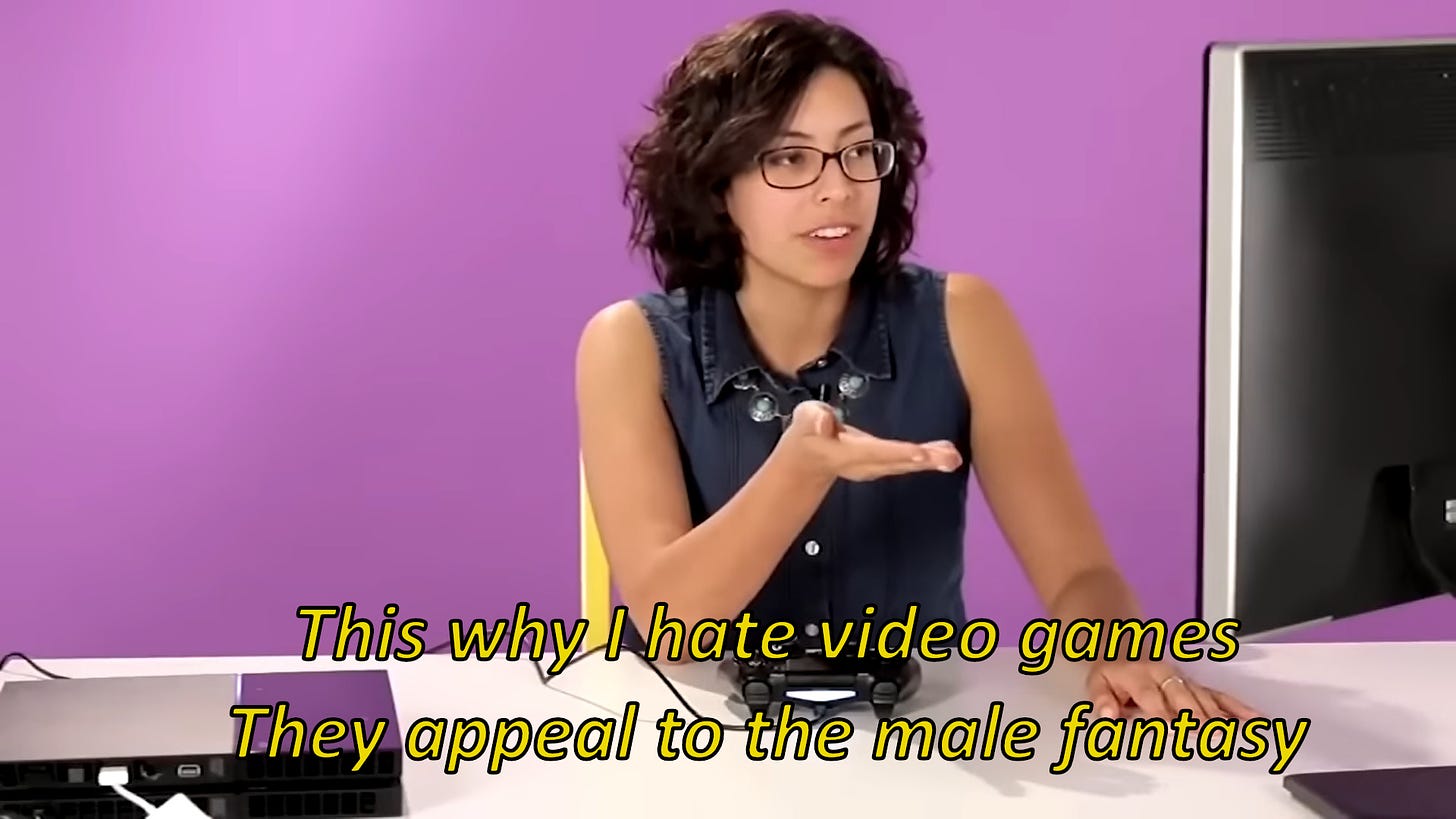
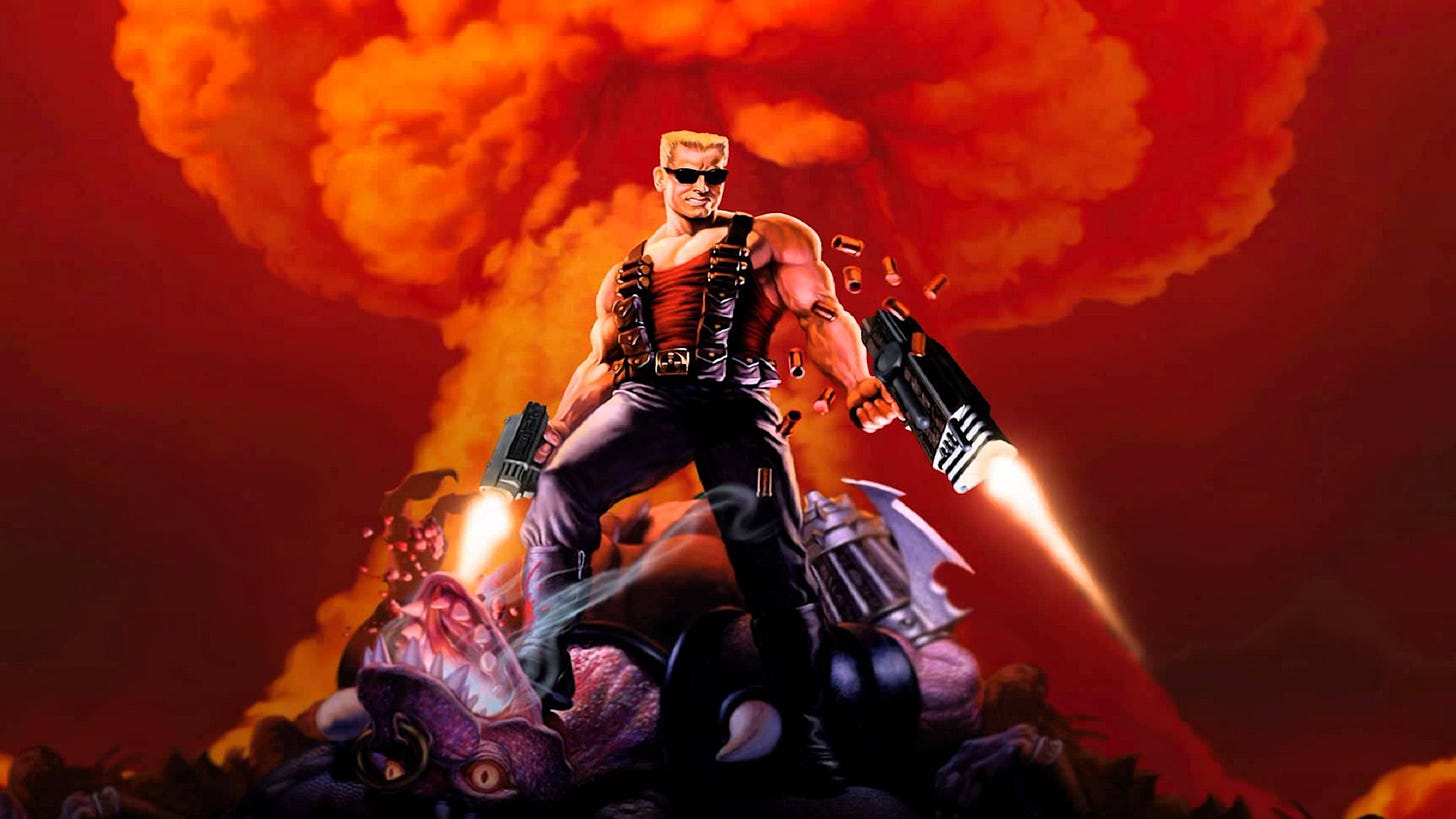
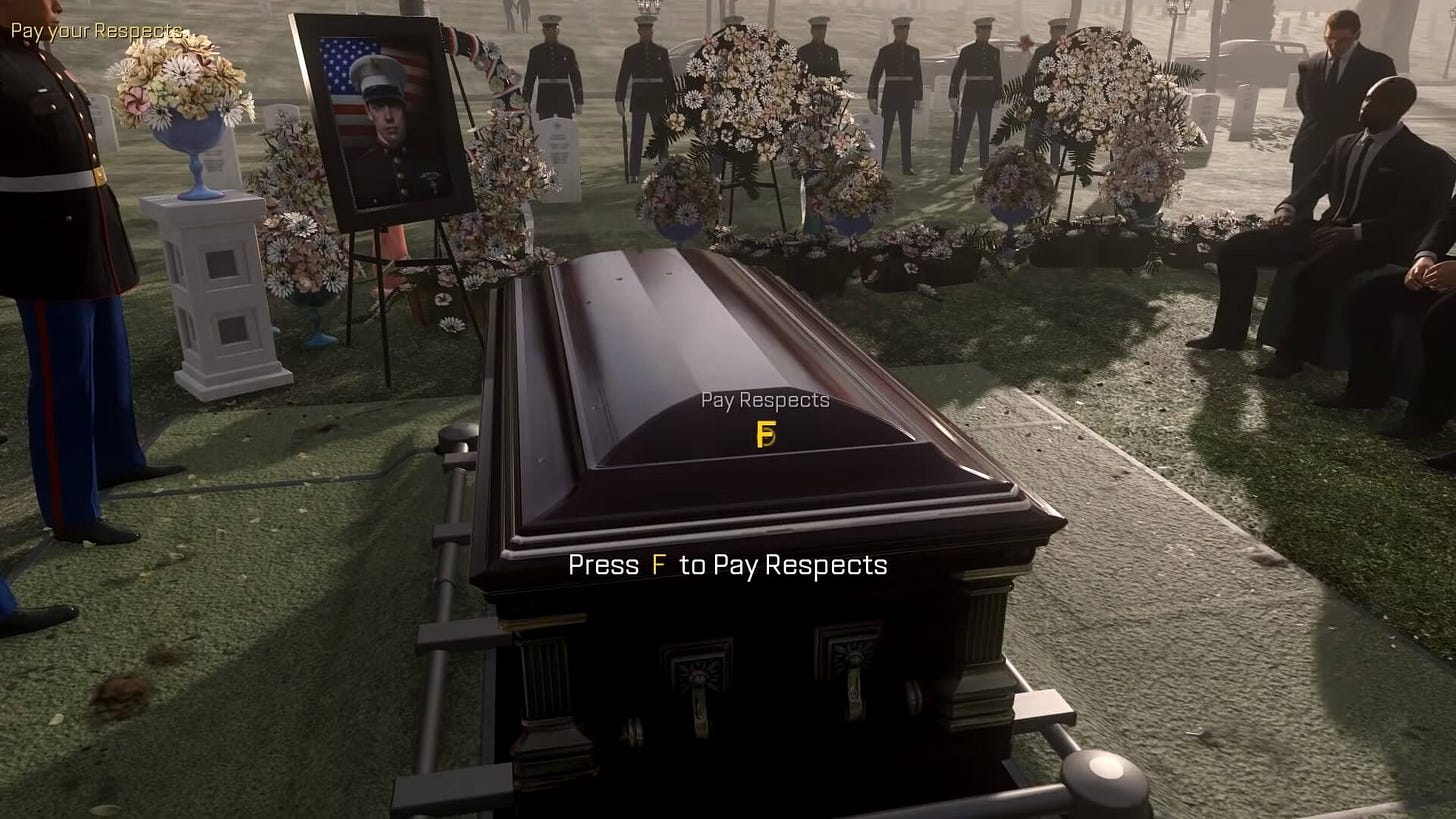
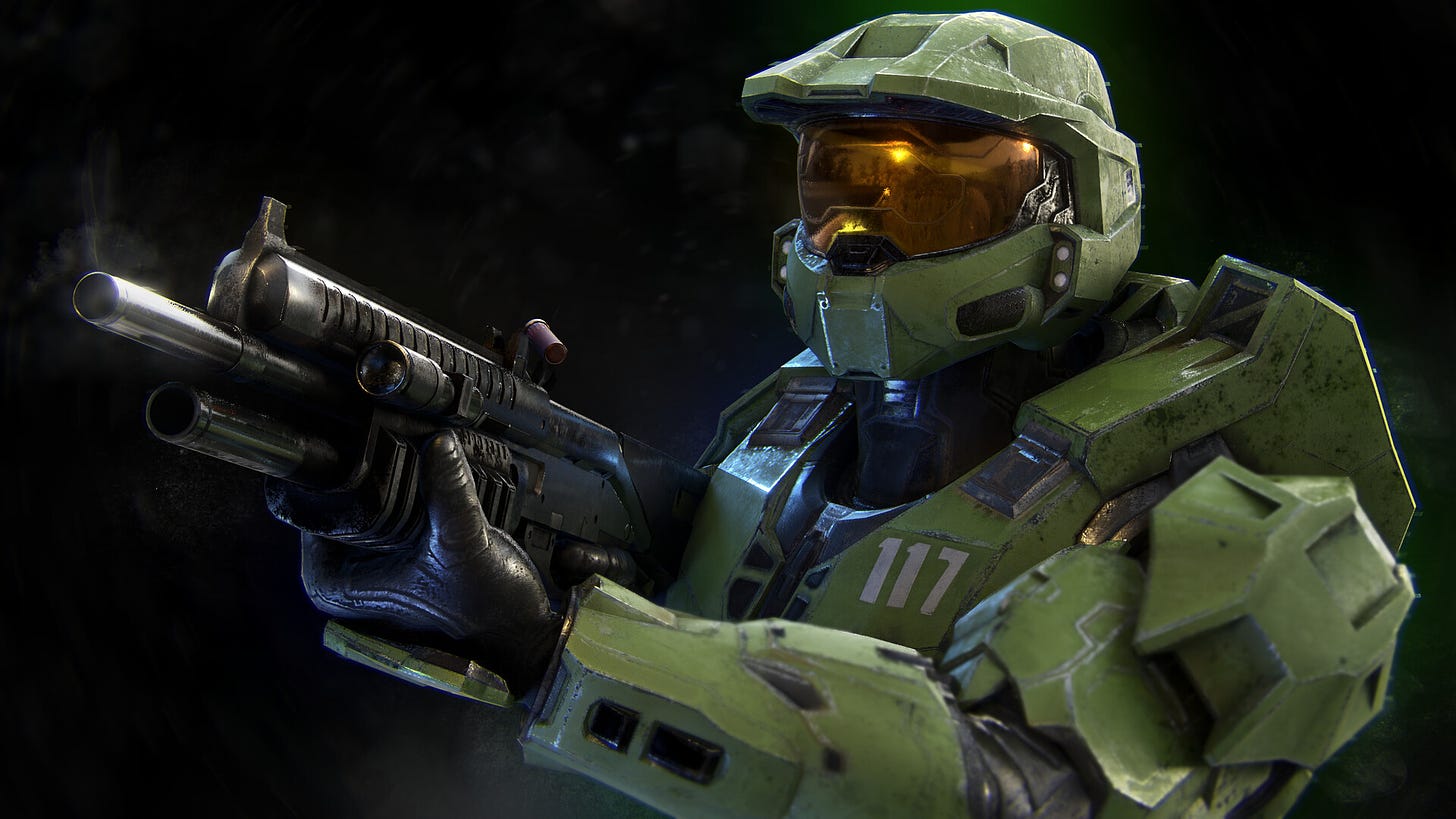
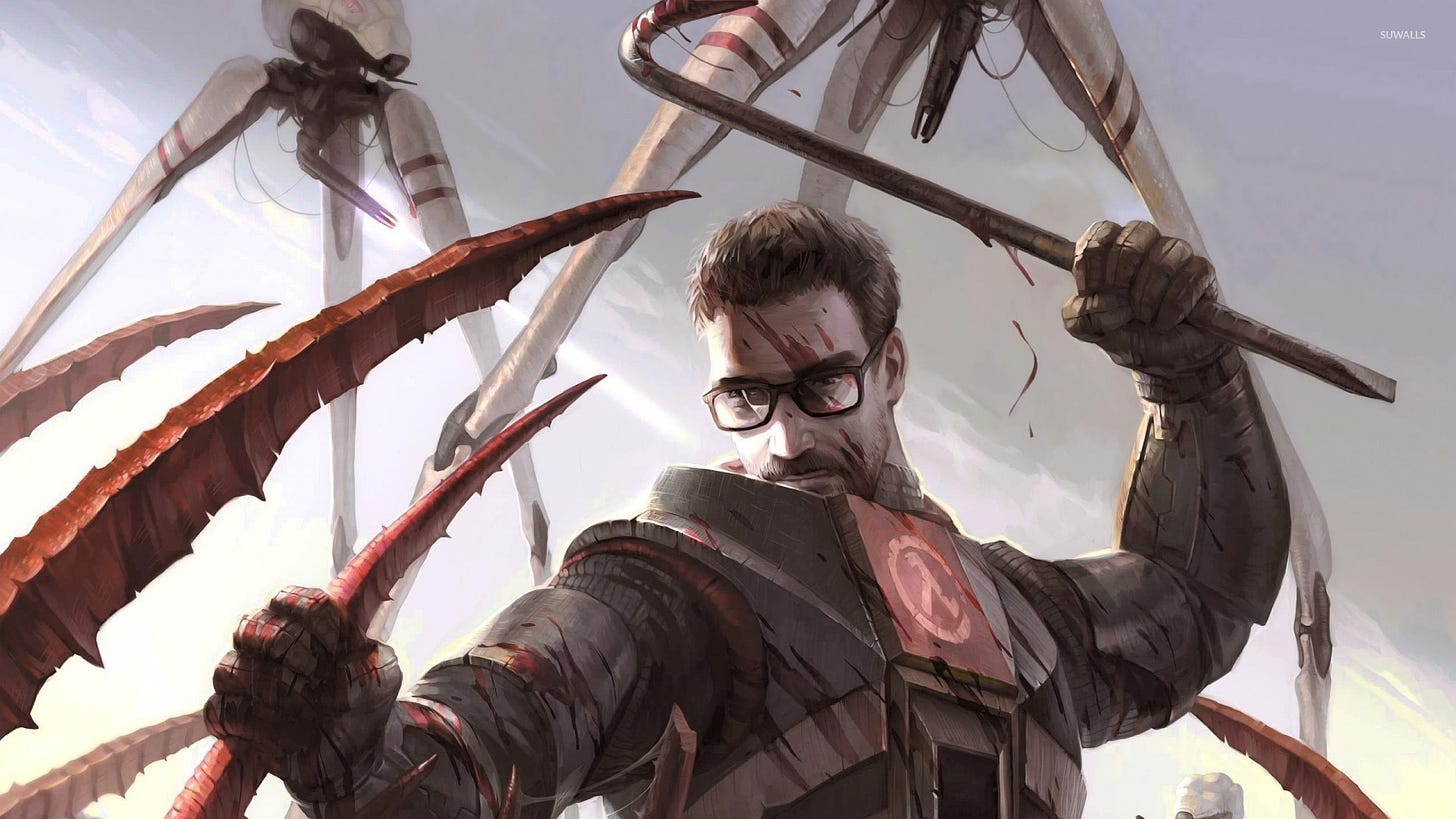



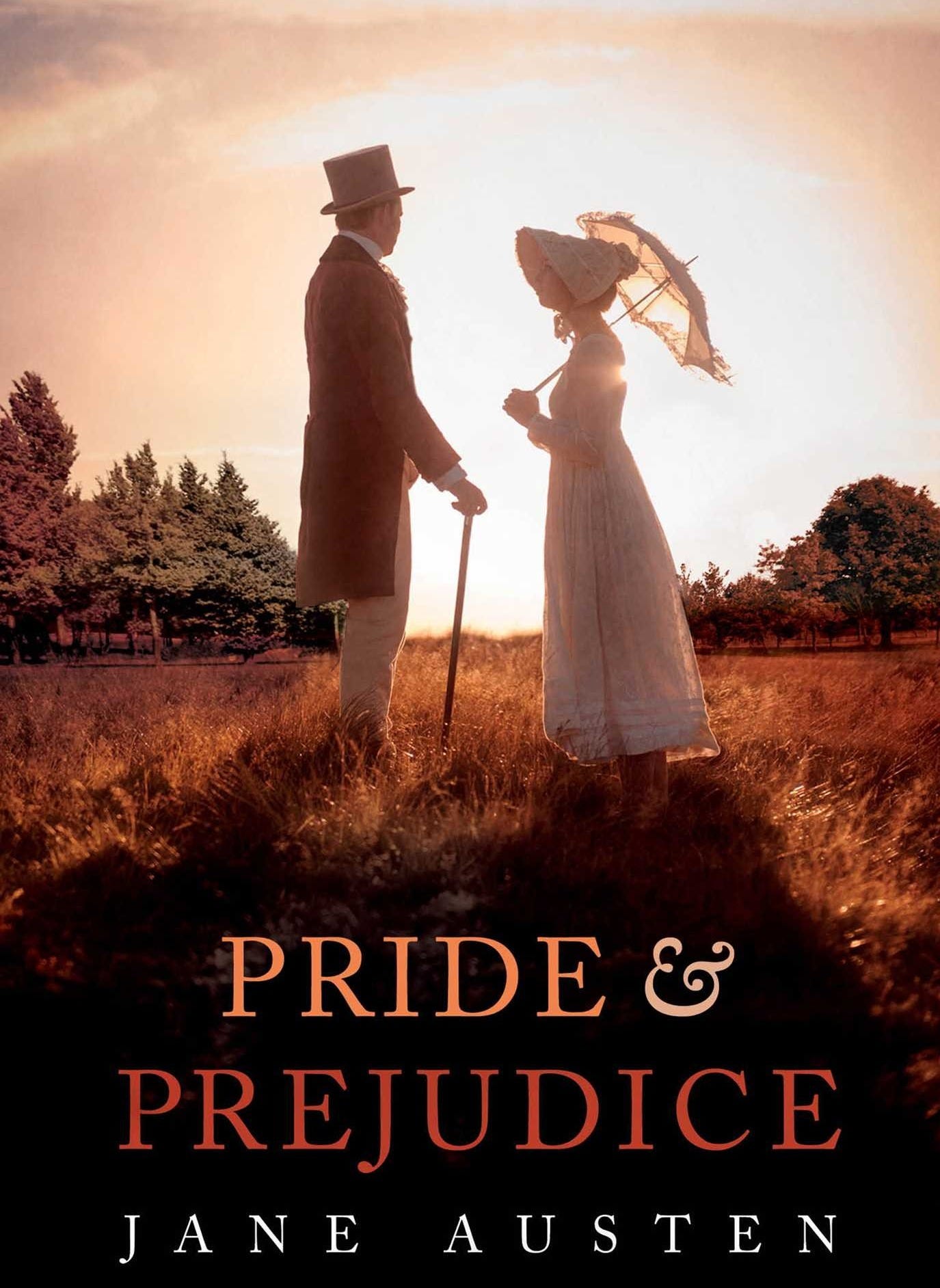
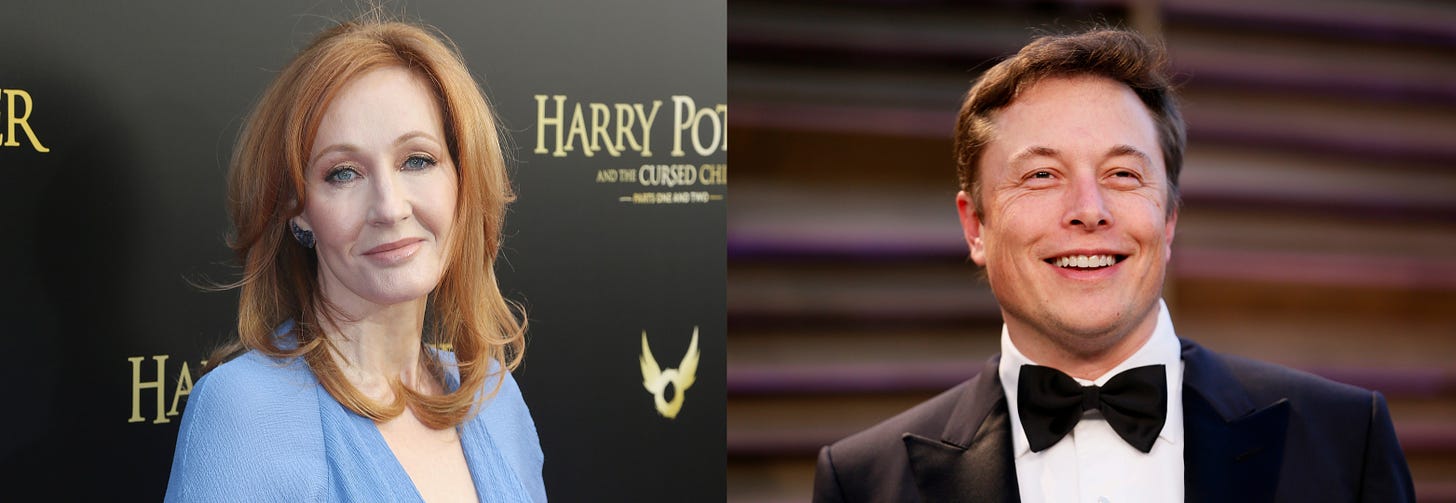

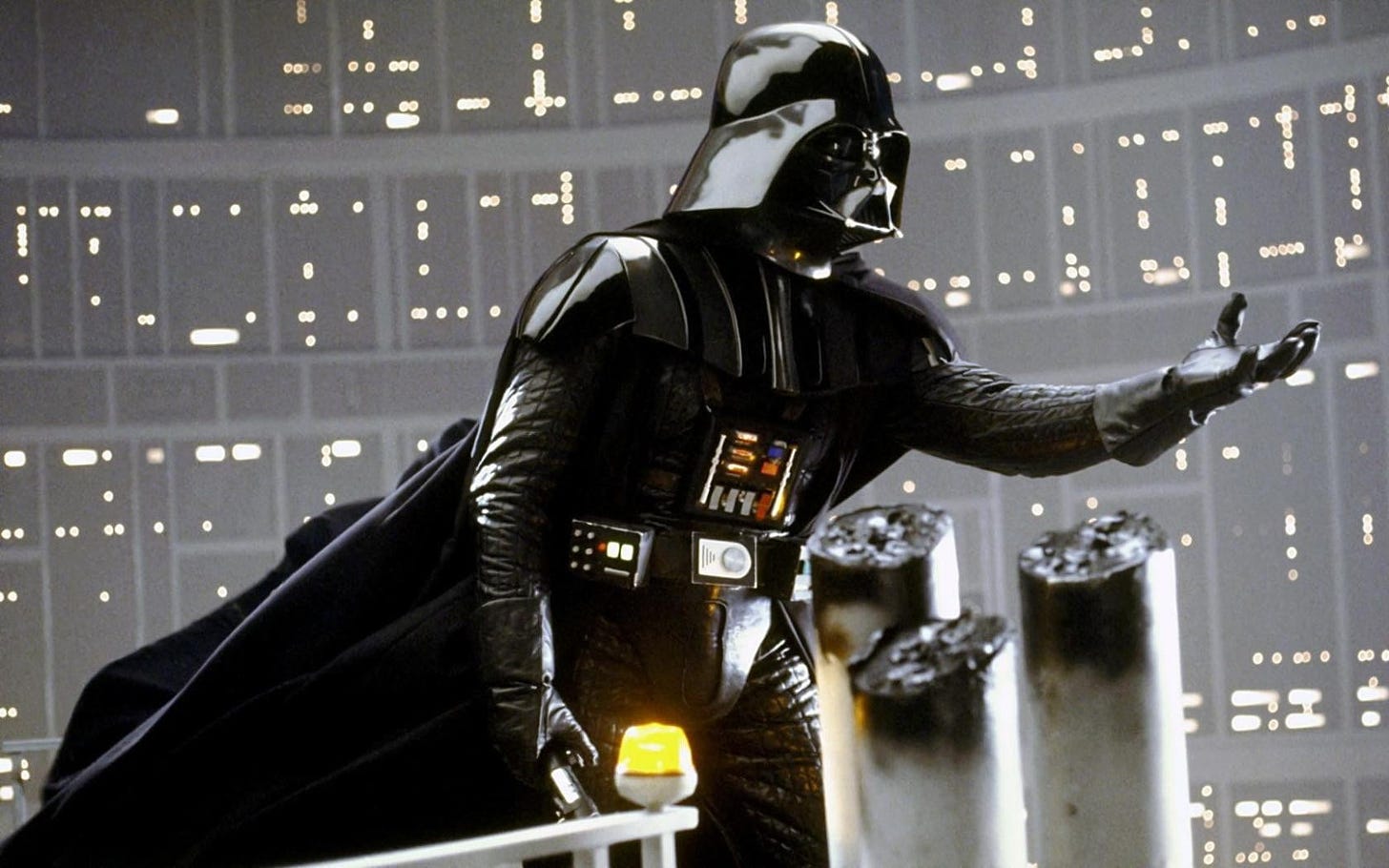

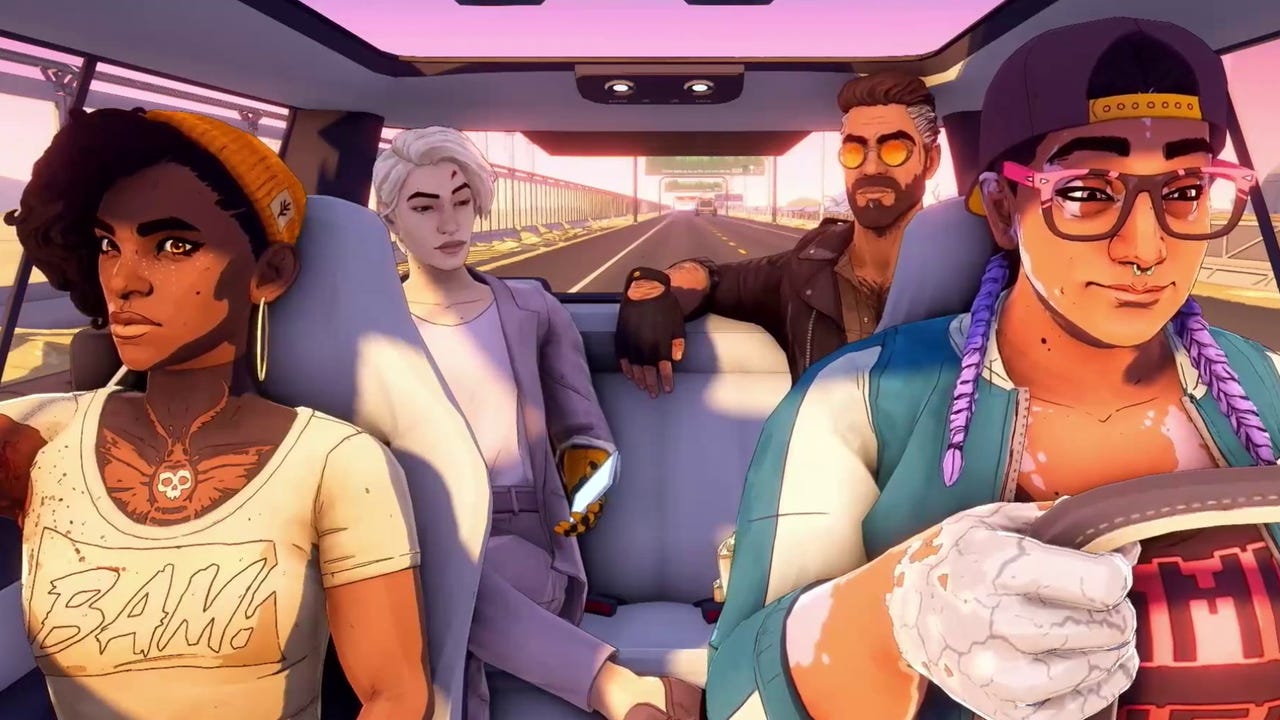
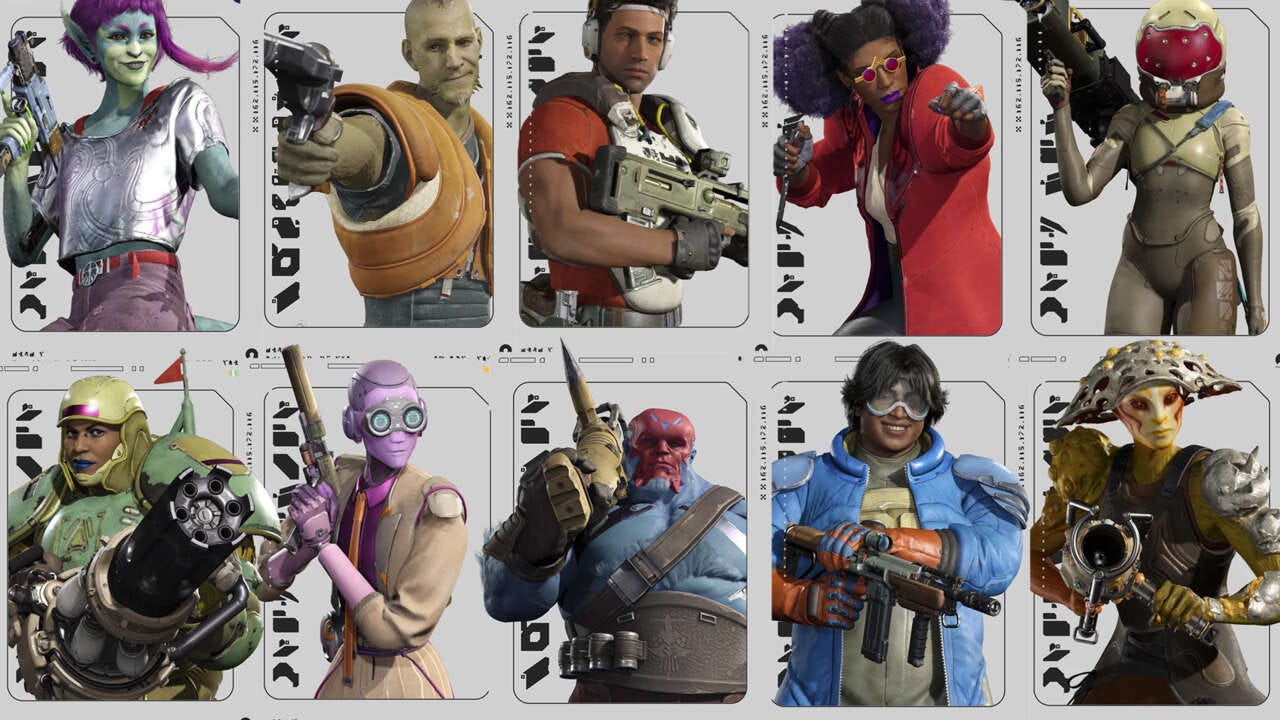
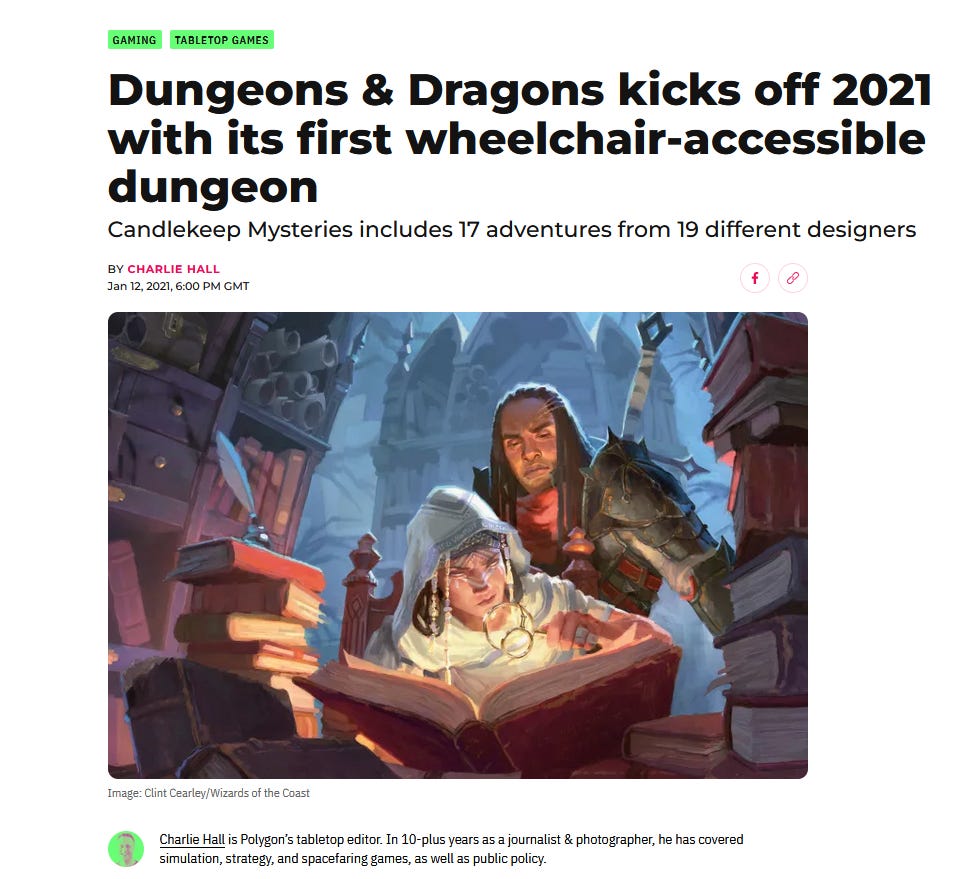
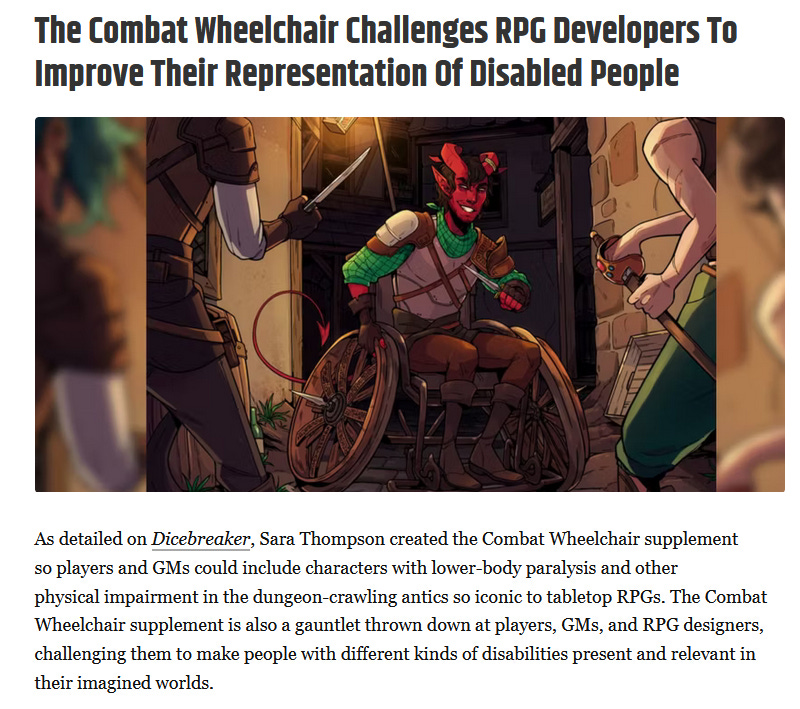

I wrote about the wheelchair elf here— https://alexanderhellene.substack.com/p/who-is-this-for—and asked a similar question, as seen by the title of the post, “Who Is This For?”
You make excellent observations about power and why power fantasies are a) popular and b) good. There is nothing wrong within men imagining they they are brave conquerors or noble knights or dashing lotharios or lovable and clever rogues. It’s healthy and it might even help men overcome obstacles in their daily lives by trying to live up to these examples. This latter point is exactly why stories are powerful and instructive, and have been told since the dawn of time for this purpose. I suppose the Iliad is a power fantasy, in this regard.
Nowadays, I think video games appeal to men because men feel like they have little to no control over their lives, much less the world around them. And before anyone slides in, yes, as you acknowledge, a desire to control is predominately a male thing, and that does not make it inherently bad. Without this drive to control, we’d still be nomadic hunter/gatherers.
Anyway, games give men the illusion of control, which is good to let off steam, but the danger comes when fantasy is more attractive and alluring than reality. It’s okay to be a gamer, but not to live in and live for the games. Use the power fantasies as fuel.
My insight is that academia and activists have demonized power and the pursuit of power unless you are actively oppressed. Therefore power fantasies are bad.